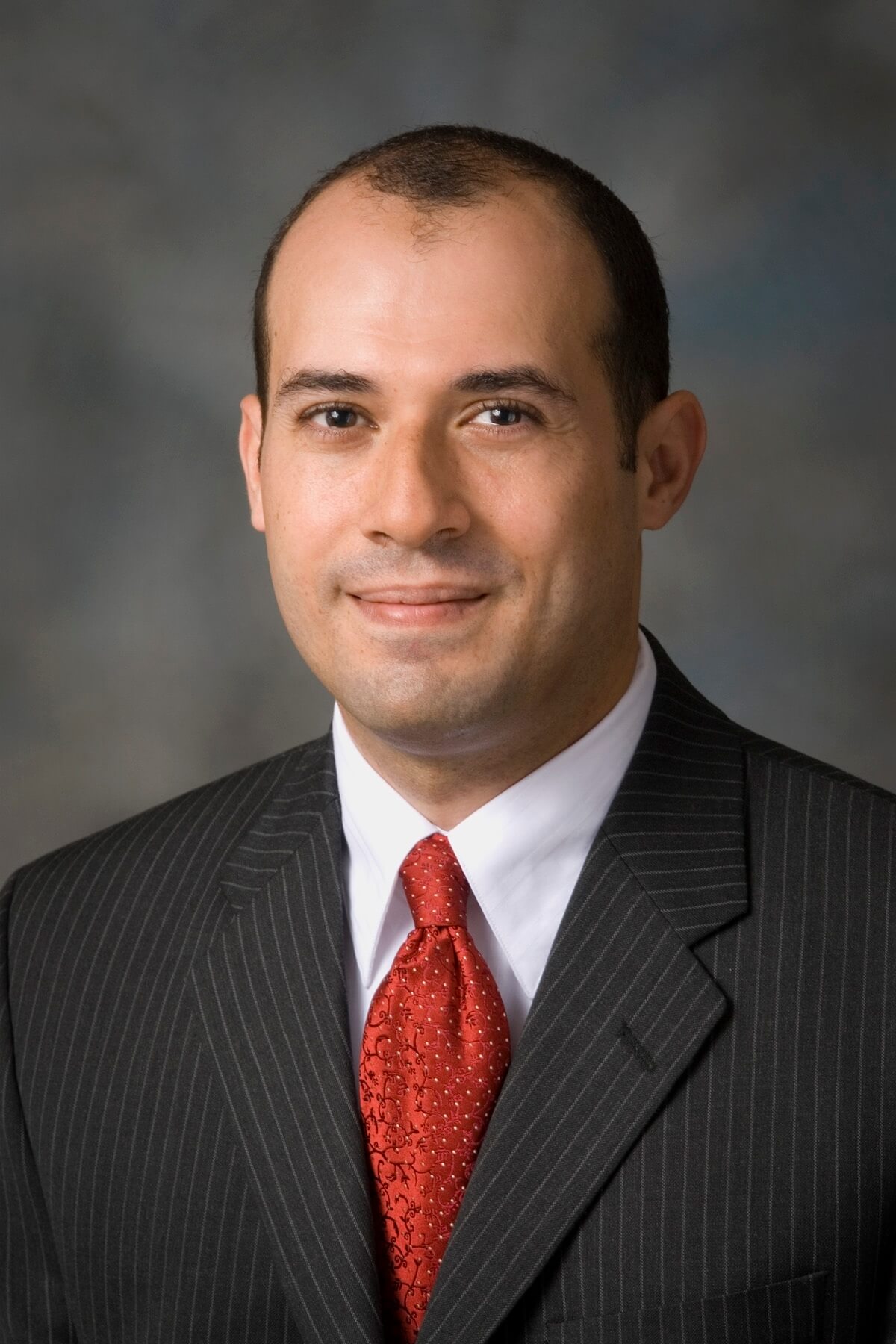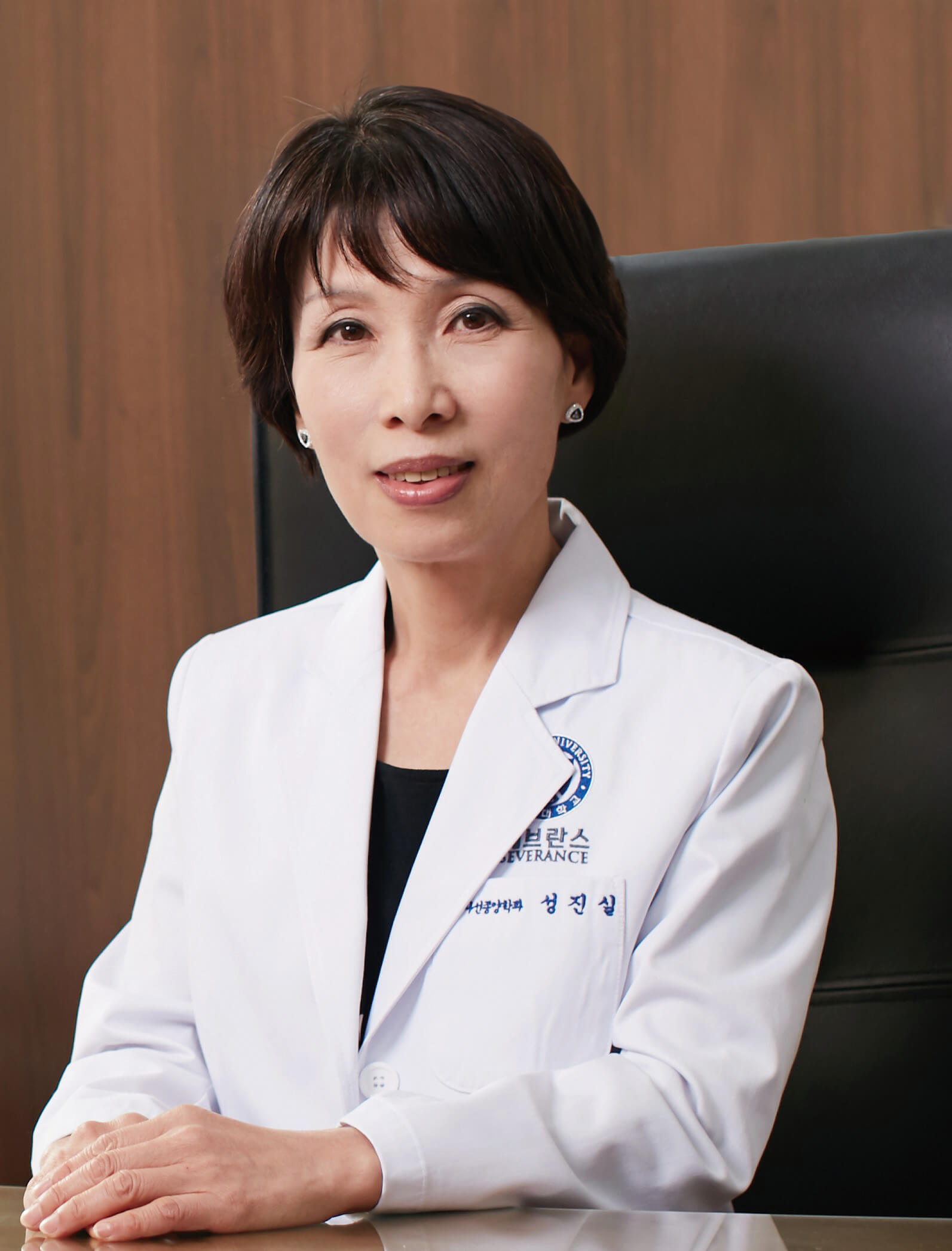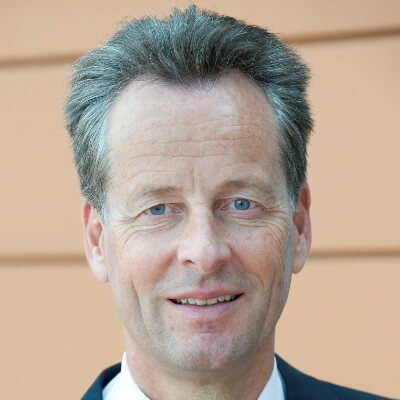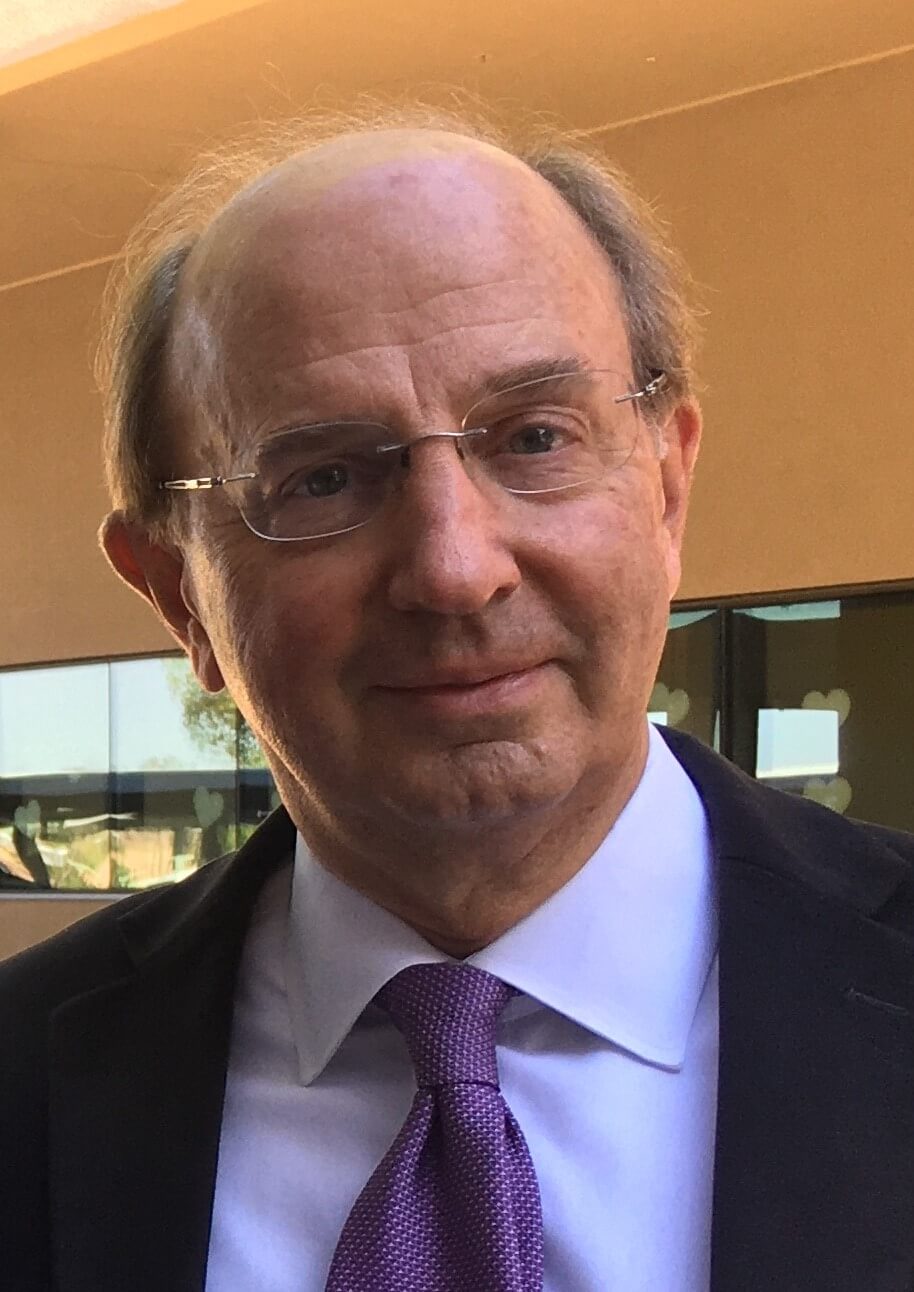Join our hepatocellular carcinoma (HCC) multidisciplinary team (MDT) as they discuss the evolving standards of patient care in HCC, including the importance of a multidisciplinary, individualized treatment approach, and the potential of new and emerging systemic therapies.
Target Audience
This activity has been designed to meet the educational needs of medical oncologists, radiologists, surgical oncologists and hepatologists involved in the management of hepatocellular carcinoma.
Disclosures
USF Health adheres to the Standards for Integrity and Independence in Accredited Continuing Education. All individuals in a position to influence content have disclosed to USF Health any financial relationship with an ineligible organization. USF Health has reviewed and mitigated all relevant financial relationships related to the content of the activity. The relevant relationships are listed below. All individuals not listed have no relevant financial relationships.
Faculty
Prof. Ahmed Kaseb discloses: Advisory board/panel fees from AstraZeneca, Bristol Myers Squibb, Eisai, Merck and Roche/Genentech; Consultancy fees from AstraZeneca, Bristol Myers Squibb, Eisai, Merck and Roche/Genentech; and Grants/research support from AstraZeneca, Bayer, Bristol Myers Squibb, Eisai, Exelixis, Merck and Roche/Genentech.
Dr Jinsil Seong has no financial interests/relationships or affiliations in relation to this activity.
Prof. Peter Galle discloses: Consultancy fees from AstraZeneca, Bayer, Bristol Myers Squibb, Ipsen, Lilly, Merck, Sharp & Dohme, Roche, SillaJen and Sirtex Medical.
Dr Michael Choti discloses: Consultancy fees from Merck Sharp & Dohme.
Content reviewer
Olivia Renee Pane, PharmD, CDCES has no financial interests/relationships or affiliations in relation to this activity.
Touch Medical Director
Christina Mackins-Crabtree, PhD, CMPP has no financial interests/relationships or affiliations in relation to this activity.
USF Health Office of Continuing Professional Development and touchIME staff have no financial interests/relationships or affiliations in relation to this activity.
Requirements for Successful Completion
In order to receive credit for this activity, participants must review the content and complete the post-test and evaluation form. Statements of credit are awarded upon successful completion of the post-test and evaluation form.
If you have questions regarding credit please contact cpdsupport@usf.edu
Accreditations
Physicians
This activity has been planned and implemented in accordance with the accreditation requirements and policies of the Accreditation Council for Continuing Medical Education (ACCME) through a joint providership of USF Health and touchIME. USF Health is accredited by the ACCME to provide continuing medical education for physicians.
USF Health designates this enduring material for a maximum of 0.75 AMA PRA Category 1 Credit™. Physicians should claim only the credit commensurate with the extent of their participation in the activity.
The European Union of Medical Specialists (UEMS) – European Accreditation Council for Continuing Medical Education (EACCME) has an agreement of mutual recognition of continuing medical education (CME) credit with the American Medical Association (AMA). European physicians interested in converting AMA PRA Category 1 Credit™ into European CME credit (ECMEC) should contact the UEMS (www.uems.eu).
Advanced Practice Providers
Physician Assistants may claim a maximum of 0.75 Category 1 credits for completing this activity. NCCPA accepts AMA PRA Category 1 Credit™ from organizations accredited by ACCME or a recognized state medical society.
The AANPCP accepts certificates of participation for educational activities approved for AMA PRA Category 1 Credit™ by ACCME-accredited providers. APRNs who participate will receive a certificate of completion commensurate with the extent of their participation.
Date of original release: 30 November 2021. Date credits expire: 30 November 2022.
If you have any questions regarding credit please contact cpdsupport@usf.edu





